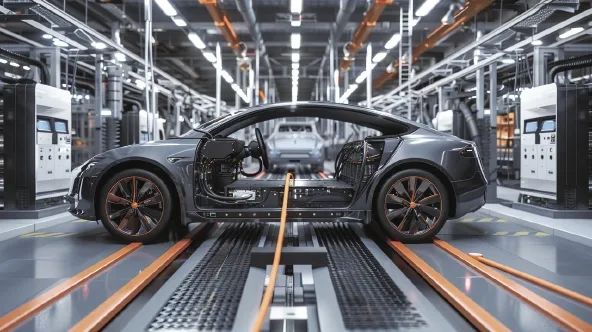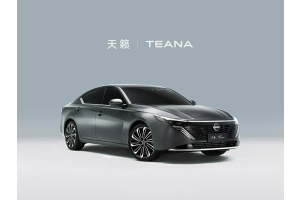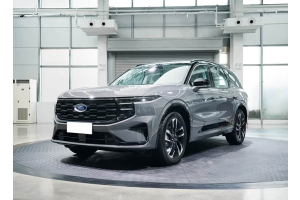US-China Tariff War Hits US Exported Car Market

Impact Analysis of Escalating China-US Tariff War on Imported Vehicle Market
Since April 2025, the ongoing tariff dispute between China and the US has significantly impacted the automotive industry, particularly American imported vehicles in the Chinese market. The effects of these increased tariffs and their ripple effects are becoming increasingly evident.
Tariff Policy Escalation
- In April 2025, the White House announced tariffs of up to 245% on certain Chinese imports, with most goods facing approximately 145% tariffs.
- China retaliated with counter-tariffs reaching 125% on key US products including coal, LNG, crude oil, agricultural machinery, and large-displacement vehicles.
Current Status of US Imported Vehicles in Chinese Market
Sales Decline
The imported vehicle market peaked in 2014 with 1.263 million units sold, followed by continuous decline. By 2024, annual imported vehicle sales dropped to 643,662 units, a 16.3% year-on-year decrease.
In Q1 2025, US-brand imported vehicle sales plummeted 42% year-on-year, with high-end models experiencing even more severe stagnation.
Significant Price Increases
High tariffs directly pushed up prices of US-made imported vehicles. For example, the Ford F-150 Raptor saw its price surge by 50% after tariffs.
The US-made Mercedes-Benz GLE 450 increased by 20,000-30,000 RMB at some dealerships.
The market temporarily saw a "panic buying" trend for remaining US-brand inventory vehicles, with limited supply further driving up prices.
Supply Chain Disruptions
The tariff hikes have strangled supply chains for US domestic auto manufacturers, creating a triple pressure of broken supply chains, worker shortages, and soaring production costs.
Some import channel dealers have stopped importing US-brand models entirely, with American vehicles' market share in Tianjin's parallel import market shrinking dramatically.
Manufacturer Countermeasures
Several automakers have suspended imports of US-made models. Tesla China has stopped new sales of Model S/X through its official website, while some GM premium import platforms have paused order acceptance.
Some manufacturers are accelerating localization production to mitigate tariff impacts. BMW and Mercedes-Benz, for example, are speeding up domestic production of popular models to avoid trade shocks and cost pressures.
Long-term Impacts and Industry Restructuring
| Impact Area | Specific Manifestations |
|---|---|
| Pricing | Dramatic price increases for US imported vehicles, losing price and value competitiveness |
| Market Share | 42% year-on-year sales drop for US imports in Q1 2025, accelerating market share loss |
| End Market | Dealers stopping US vehicle imports may lead to temporary "sell-out" after inventory depletion |
| Manufacturer Response | Accelerated localization to reduce reliance on US-made complete vehicles |
| Supply Chain/Employment | Tariffs affecting US domestic manufacturing (layoffs, production shifts, declining auto sales) |

Market and Consumer Recommendations
- With scarce inventory and rising prices for US imported vehicles, buyers with urgent needs should consider purchasing soon as prices may continue climbing.
- Non-urgent buyers could monitor trade negotiations and tariff policy changes for potential rational price adjustments.
- Despite challenges, parallel import markets still offer diverse model configurations to meet niche demands.
Conclusion
The intensifying China-US tariff war has caused US imported vehicles to "lose ground" completely in the Chinese market, with plunging prices and sales. Driven by trade friction, the short-term market may see US-brand models becoming temporarily unavailable with skyrocketing prices for remaining stock, while long-term effects will push automakers toward transformation (localization, domestic production) and industry restructuring. Ultimately, the prospects for US imported vehicles in China still depend on subsequent negotiations and policy games, with US imports expected to remain weak in scale and competitiveness in the short term.








